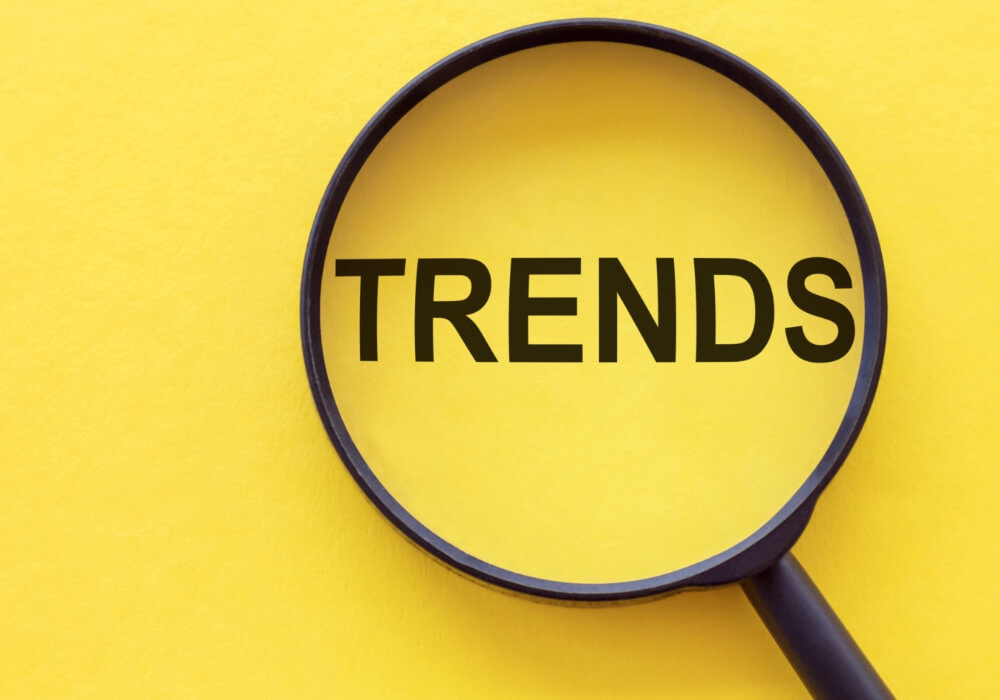What it means to maintain a productive workforce beyond 2022.

Multiple factors including the COVID-19 pandemic, new tech development, and social movements are reconfiguring capital, labor, and commodity markets. In this post we underline several work trends that will define the environment for years to come.
Hybrid Work
In 1973 NASA engineer Jack Nilles authored a book entitled The Telecommunication-Transportation Trade-Off. Seeking to highlight and frame the new opportunities provided by the advent of telecommunications technology for work. Fast forward 50 years and a pandemic and we see near ubiquity of the term “remote work” in nearly every sector. In 2020 69% of large companies expected an overall reduction in office space. In 2022 16 percent of companies are entirely remote and 4.3 Americans are employed in some type of hybrid role.
The simple fact is, workers value flexibility. They want to be able to choose where and when to work. For companies, already straining to find competent employees, this means more remote opportunities. Doing so will not only make positions more attractive, but will significantly enlarge the available talent pool.
Skills Over Roles
Another important change in the working environment is the structure of company management. Where traditional analysis of organizational structure looked at tables and charts which cleanly divided responsibility and delineated hierarchy, companies are now opting for flat structures where employees share responsibility at all levels and are encouraged to take initiative.
Employees are less defined by their role within the company than by their skillset. Flat structure means that everyone bears responsibility for outcomes and everyone takes initiative in solving problems. In this environment skills are utilized in coordination, through discussion and collaboration between employees. Looking forward, a skilled and informed workforce that requires less management will likely be the name of the game.

ESG and Ethics
Companies are now responding to an uptick in consumer awareness on ethical issues. Most large companies now highlight efforts to increase sustainability or equality alongside projections of growth efficiency. This trend is also visible among workers.
Workers are more likely to choose positions that they can reconcile with held values. For management this means paying attention to equality and sustainability standards.
However, as the trend continues, working opportunities will likely diversify to account for a range of values held by workers.
AI
AI facilitated automation is already displacing workers in the manufacturing space. As technology continues to develop and improve this trend will bleed into other sectors. Repetitive tasks, such as simple word analysis or editing, will likely fall to computers while creative work will remain in human hands. Less repetitive work and more time for innovation is a perk for workers, but it will be important to ensure that workers retain the ability to find gainful employment and are not simply replaced by the new technology.
As AI becomes more deeply integrated in our work ecosystems, the value of on-demand skills development and on-the-job education will rise. Workplaces, already reorganized to accommodate the pandemic, are now positioned to incorporate edtech as part digital transformation plans.
Looking Ahead
Looking into the coming year and beyond companies need to pay close attention to employee asks. Attracting a skilled workforce will mean offering flexibility and opening to input. Companies that pay close attention to employee wellbeing will be among those companies capable to responding to changing consumer demand and preference through a focus on shared value creation, that accounts for stakeholder community.

